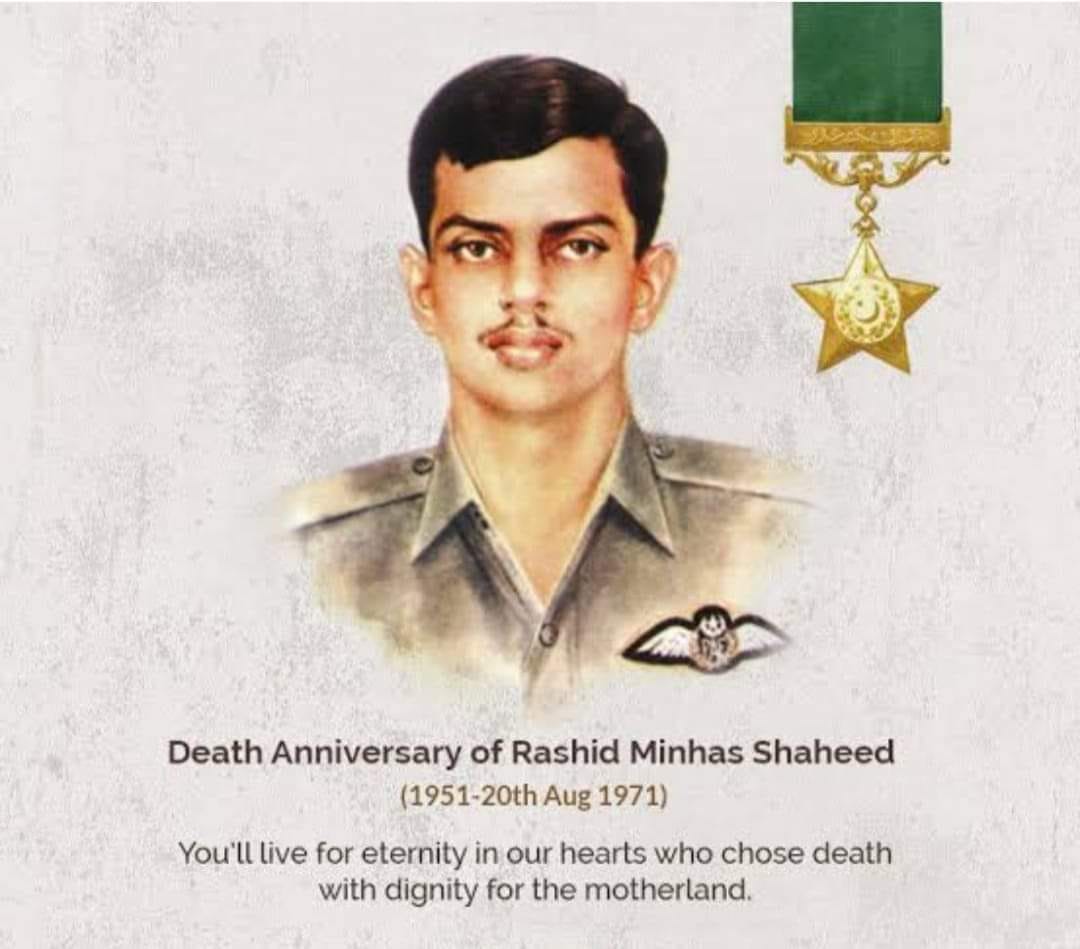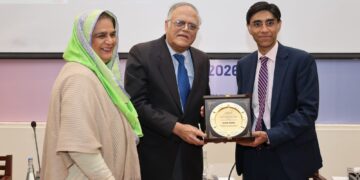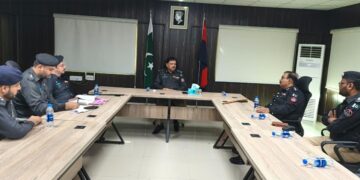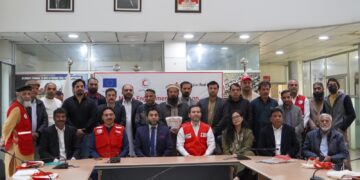On August 20, 1971, a poignant chapter of heroism and sacrifice unfolded. Rashid Minhas, a 21-year-old pilot with the Pakistan Air Force, was preparing for takeoff in his Lockheed Martin T-33 training aircraft when his instructor, Flight Lieutenant Matiur Rahman, signaled him to stop. Rahman then hijacked the plane, aiming to fly it to India’s Bhuj airbase.
Realizing the danger, Minhas quickly sent an emergency message to Pakistan Air Force Base Masroor in Karachi. Despite his desperate efforts to regain control, he was unsuccessful. In a final act of bravery, Minhas forced the aircraft into a nose dive, crashing it near Thatta (Sujawal) to prevent it from reaching enemy territory. His sacrifice cost him his life but averted a serious breach.
Pakistan honored Minhas with the Nishan-e-Haider, its highest military award, and named the PAF Kamra base in his honor. Meanwhile, Matiur Rahman was celebrated by Bangladesh as a national hero, receiving the “Bir Sreshtho” award. The Jessore airbase was named after him. Rahman, a supporter of the Bengali independence movement, was a complex figure. After years of negotiation, his remains were returned to Bangladesh on June 24, 2006, and he was buried with full military honors in Dhaka.
The stories of Rashid Minhas and Matiur Rahman highlight how one person’s courage and another’s actions can be remembered as heroic and sacrificial in different contexts, reflecting the deep complexities of conflict and legacy.



















